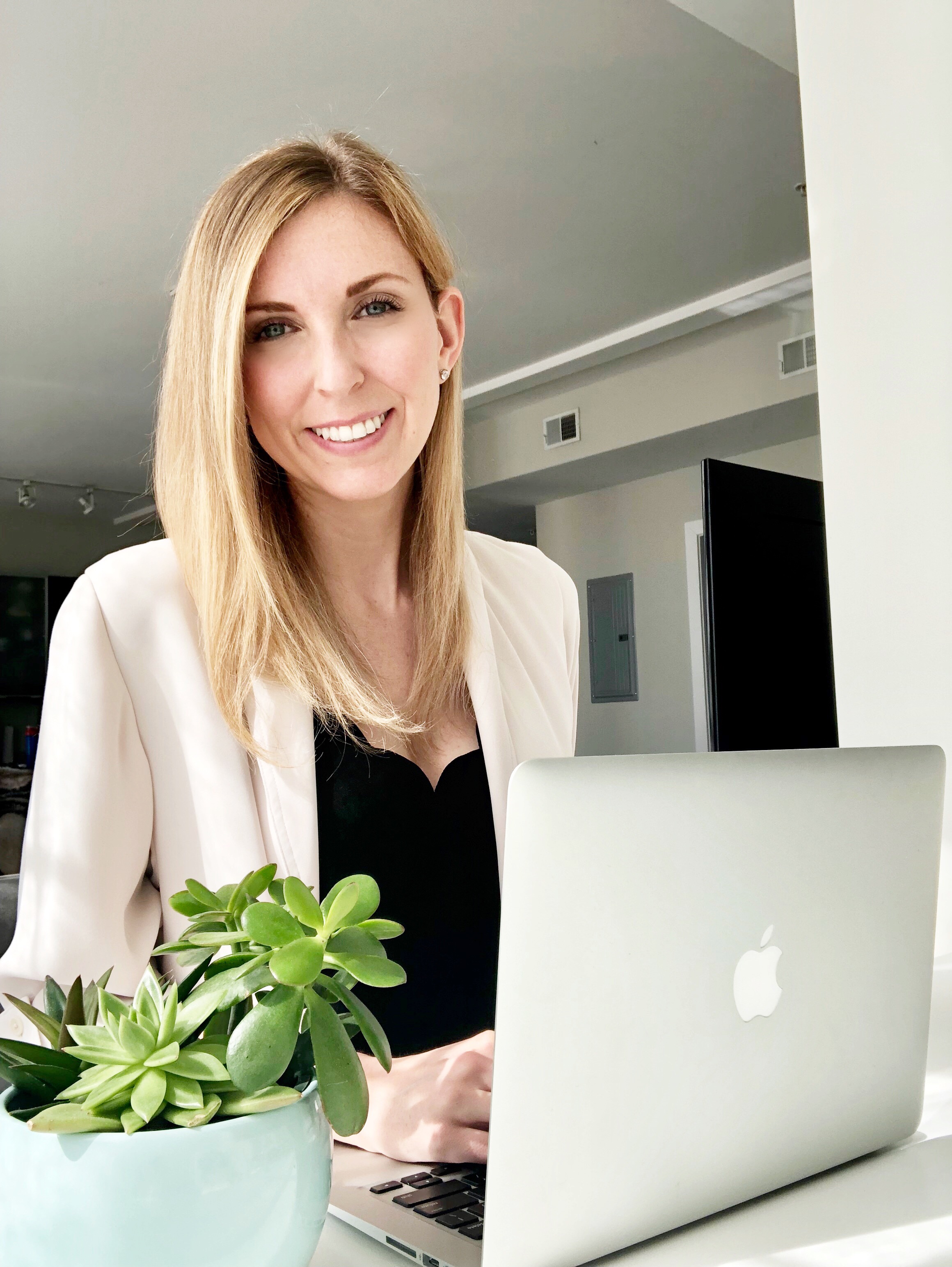Last year I experienced the intensely emotional uncertainty that comes with waiting for an autoimmune diagnosis. With mindful determination, I learned how to thrive through it.
Autoimmune conditions tend to be particularly challenging to diagnose, with patients seeing four doctors over three years on average before confirming what they have. Waking up every day for years, physically suffering, knowing something isn’t right with your immune system without an official diagnosis can take a severe toll on anyone’s mental health.
I consider myself lucky to have caught my condition early with the help of my family doctor and two specialists over about ten months. Even still, that meant more than 300 days of uncertainty, which was difficult, especially mentally. Particularly on the days that I felt most unwell, the mental loop of worry would take over and make me feel even worse. It was a different type of anxiety than I’d experienced before, founded on some truth, and I had to learn how to take control of it. I managed to do this in two ways – by addressing everything in my power and learning to listen to my body.
If you’re in the process of a diagnosis that you suspect to be an autoimmune disease, it is possible to thrive through it. Here are the steps that helped me take control of what I could, to help me let go of anxiety about everything else:
- Re-consider your food choices. There are proven links between autoimmune disease and certain inflammatory foods that can be detrimental to gut health. Making the right changes to your diet will not only help heal your gut long-term but can help address symptoms relatively quickly. Even before I had an official diagnosis, I began avoiding gluten, dairy, and nightshades and noticed a difference in the way I felt in just a few weeks.
- Find a specialist in alternative medicine to support you. One of the first calls I made after realizing something was going on with my immune system was to a holistic doctor. They looked at my blood work and symptoms with a different lens and helped me understand the ways I could support my body naturally. They also provided me with a meal plan and supplements to ensure that my body was getting everything it needed from my new approach to eating. The medical doctors I was working with at the time weren’t very accessible, so having a different type of specialist in my corner made a huge difference.
- Give your body both the exercise and rest it needs. Exercise and rest are equally important parts of managing an autoimmune condition, but listening to which your body needs can be easier said than done. There were times when I assumed my body needed rest because my mind told me I was sick, but in reality, it really could have used some movement. Sometimes in wanting to feel ‘normal,’ I would push myself too hard and overdo exercise. After a lot of mindful trial and error, I learned to take it day-by-day. I dropped the noise of all guilt and expectations that had distracted me from really listening.
- Set limits on internet research. Educating yourself on your symptoms and test results is only helpful to a point. I learned my limits when I realized that reading about all of the possibilities was only making me feel more anxious. The internet can’t give you the definitive answer you’re looking for, so it’s essential to be mindful of the time you’re spending researching and how it’s making you feel.
- Triple your self-compassion. Going through the uncertainty of diagnosis is incredibly challenging. At times, I found myself becoming frustrated with the fact that I was still anxious, despite using mindfulness techniques like journaling and affirmations that usually help. I found myself dealing with a vicious and emotionally draining loop – from worry to frustration and back again. The only thing that can stop this cycle is to be especially kind to your mind, responding to it with a level of compassion that you would if a good friend was going through the same thing.
While it certainly has its challenges, facing chronic illness has the potential to make you a stronger and more mindful person than you may have thought possible. Choosing to see it this way has changed my life for the better and these days I’m more grateful than anything for the perspective it’s brought to my life.


